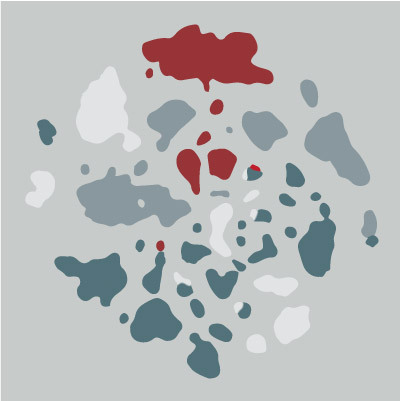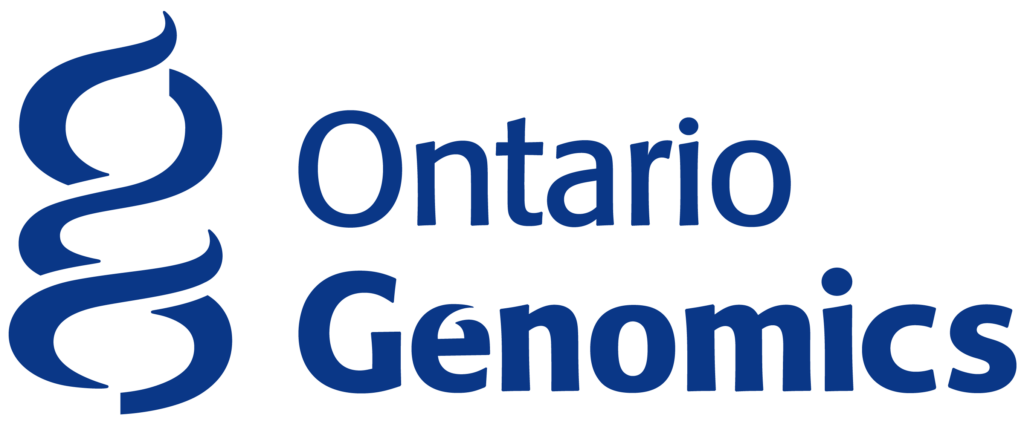
Single cell sequencing of RNA libraries (scRNA-seq) is a major scientific breakthrough that enables the transcriptomic study of cellular and tissue heterogeneity, in contrast to traditional bulk tissue transcriptomics methods. While many concepts are shared between scRNA-seq and bulk RNA-seq computational analysis workflows, there are many new scRNA-seq analysis concepts and methods. The CBW has developed a 2-day course that provides an introduction to scRNA-seq data analysis with integrated tutorials demonstrating the use of current scRNA-seq analysis tools. The tutorials are designed as self-contained units that include example data and detailed instructions for installation of all required bioinformatics tools.
Participants will gain practical experience and skills to be able to:
- Perform basic bioinformatics tasks such as tool installation
- Perform read alignment and transcript quantification
- Perform quality control
- Visualize and interpret scRNA-seq data
- Perform clustering and differential expression analysis
- Annotate cell clusters
- Integrate scRNA-seq data sets
Graduates, postgraduates, and PIs working or about to embark on an analysis of scRNA-seq data. Attendees should be familiar with mapping and analysis of bulk RNA-seq data, and aware of the general workflow for scRNA-seq analysis, likely through familiarity with methods sections in publications.
Note that the focus of this course is on single cell RNA-seq analysis. This course is designed to pair well with the bulk RNA-seq analysis course that precedes it (July 17-19, 2023) and students are encouraged to enroll in both.
Basic familiarity with Unix commands and the R scripting language. Previous attendance at the CBW RNA-seq Analysis workshop is recommended. This workshop requires participants to complete pre-workshop tasks and readings.
You will also require your own laptop computer. Minimum requirements: 1024×768 screen resolution, 1.5GHz CPU, 8GB RAM, 10GB free disk space, recent versions of Windows, Mac OS X or Linux (Most computers purchased in the past 3-4 years likely meet these requirements). Please contact support@bioinformatics.ca if you do not have access to your own computer.
Module 1: Introduction to single cell RNA-seq (Trevor Pugh)
- Overview of single cell RNA-seq compared to other transcriptomics approaches
- Experimental design
- Sample preparation and cell capture techniques
- Library preparation and transcript quantification
- scRNA-seq technology options
- Introduction to the analysis workflow
- Introduction to different tool kits and online data sharing portals
- Recommended computer specifications for running analysis on real data sets
Lab Practical: Log into AWS and set up instance with scRNA-seq analysis tools and data sets, load a single-cell dataset & explore parts of the object.
Module 2: Read Quantification (Tallulah Andrews)
- Structure of scRNAseq reads
- Assigning reads to genes
- What kind of reference do you need?
- What does scRNAseq capture / not capture?
- Introns vs exons
- Assigning reads to cells: Cell barcode demultiplexing
- Counting the number of unique RNA molecules: UMI deduplication
- Manual UMI counting interactive activity.
- Cell filtering
- Cellranger, EmptyDrops
- Doublets
Lab Practical: Using EmptyDrops to identify valid single-cells. Using DoubletFinder to identify doublets.
Module 3: scRNA-seq Data Structures and Quality Control (Tallulah Andrews)
- Per cell and per gene metrics: total number of counts (UMIs), total number of detected genes, total number of mitochondrial counts, percent of mitochondrial counts
- Batch effects and experimental artifacts
Lab Practical: Creating SingleCellExperiment Objects with R and using the scater package in Bioconductor to perform quality control.
Module 4: Normalization and Confounders (Tallulah Andrews)
- Normalization approaches
- Data visualization with PCA and tSNE and UMAP plots
Lab Practical: Using the scater package in Bioconductor to normalize and visualize data before and after QC & normalization.
Module 5: Biological Analyses (Tallulah Andrews)
- Dimensionality reduction
- Clustering
- Differential expression between clusters and identifying cell “marker” genes
- Statistical tests
- Cell type annotation
Lab Practical: Use the Seurat package to cluster scRNA-seq data
Module 6: Data Set integration (Gary Bader)
- Label centric integration
- Cross data set normalization
- mnnCorrect
- Canonical Correlation Analysis (CCA) & RPCA in Seurat
- Data sharing resources (e.g., HCA (cellxgene), Broad Portal, CReSCENT, GEO etc.)
Lab Practical: Use the Seurat package to integrate two scRNA-seq datasets using CCA and RPCA.
Duration: 2 days
Start: Jul 20, 2023
End: Jul 21, 2023
Status: Registration Closed
Workshop Ended

Canadian Bioinformatics Workshops promotes open access. Past workshop content is available under a Creative Commons License.
Posted on:
 Download the poster announcing this workshop
Download the poster announcing this workshop






